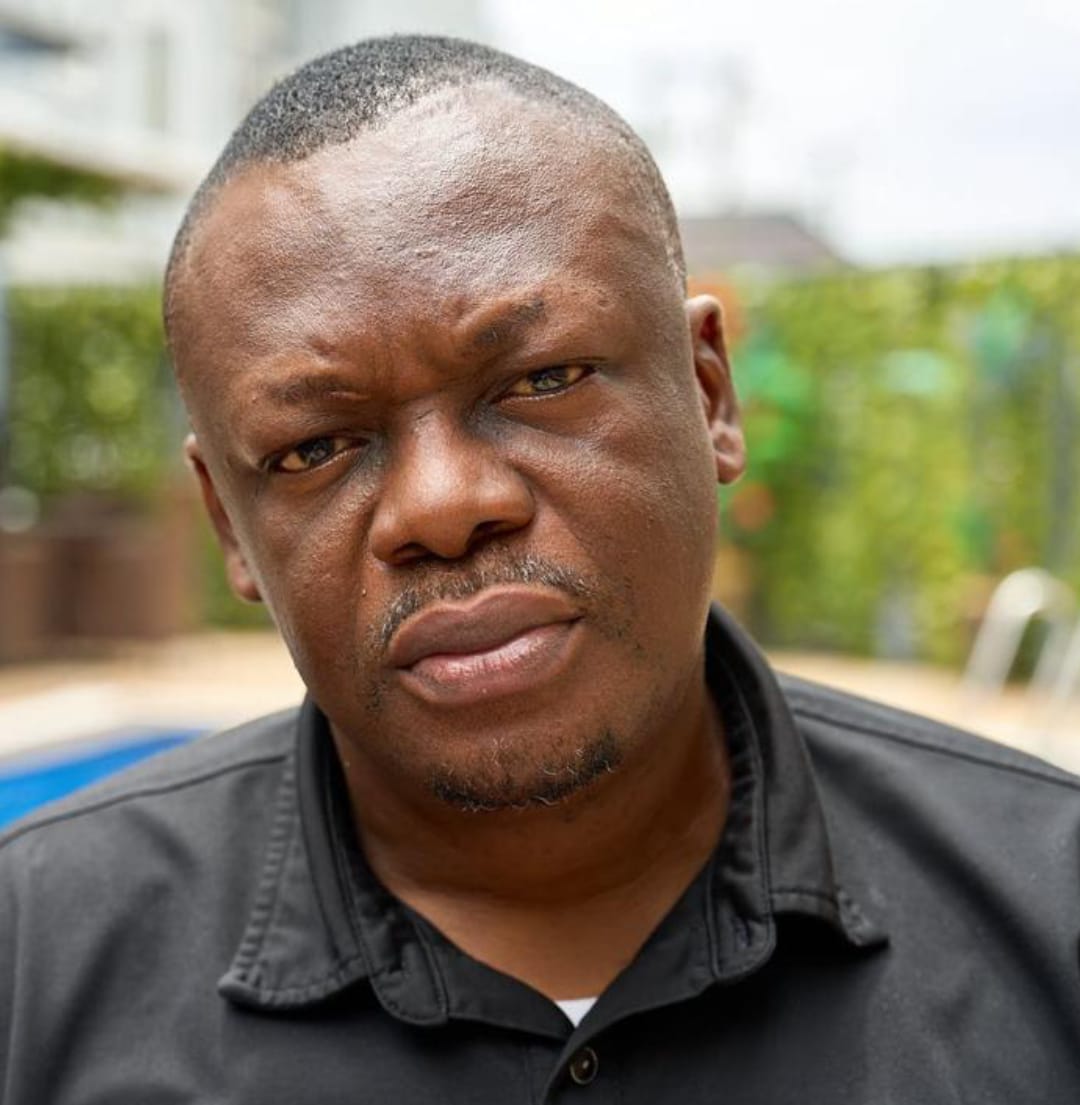
By Edu Abade
As China digs deeper and gradually dominates the global Lithium market worth hundreds of billions of dollars, it is worrisome that Nigeria and Zimbabwe, two African countries in which commercial quantities of the ‘transition mineral’ had been discovered have remained largely docile.
Executive Director of Renevlyn Development Initiative (RDI), Philip Jakpor, who spoke on the development with JouralNG in an exclusive interview, expressed concern that if the trend continues, Nigeria and Africa will continue to play second fiddle, while the mining firms repatriate billions of dollars to China.
He lamented that the development is reminiscent of what obtains in the oil and gas industry in which International Oil Companies (IOCs) exploit and explore crude oil and gas, make trillions of dollars and leave their host communities devastated and poorer than they met them, insisting that like oil, Lithium will likely bring ‘a mineral curse’ on Africa.
He said the Memorandum of Understanding (MoU) the Federal Government signed with some Chinese firms involved in Lithium extraction in Nasarawa State should not be celebrated the way it was celebrated, adding: “The two firms extracting the mineral and purportedly creating jobs for Nigerians, generate revenue for the Nigerian government are not Nigerian firms.
“The companies involved are Chinese firms and their repatriations will go to China. Except for a few well-placed individuals in and out of the government, Nigerians are more like spectators in the entire affair.”
Speaking further, he recalled that the meeting the firms had with President Bola Ahmed Tinubu was an eye-opener and that it is worrisome that there was no community representation at the event, insisting: “While the president dwelt on addressing community concerns and the environment, there was no single community represented at the meeting.
“Going forward, our proposition is clear: There should be proper oversight on the activities of the firms, especially their agreements with host communities, the environmental impacts of their activities and effective penalties where they are found wanting.”
He further lamented that the socio-economic and environmental impacts of commercial mining of Lithium were already manifesting in Nasarawa and other states like Kogi, Kwara, Edo and Cross River where communities were already lamenting the environmental impacts of mining and their exclusion from the governance and gains of a natural resource in their own land.
“Worse is the fact that foreign miners, especially the Chinese are all over the communities where Lithium is mined and they do not respect any authority, the environment or human rights of their workers or surrounding communities.
Also, their human rights records are abysmal. Recall that about two months ago some Chinese nationals were arrested in Nasarawa State where they set up a Lithium collection point for export, yet they are registered as an agro-commodities firm. You can imagine how much they had made until they were arrested,” he said.
Jakpor pointed out that communities in Nasarawa, particularly in Uke, are already complaining that their ancestral lands and farmlands are being encroached upon by the Chinese miners and the artisan miners, while groundwater pollution is also already rife.
“So, in essence, the same challenges associated with oil extraction in the Niger Delta region are already happening with Lithium. It’s not only in Nigeria. It is happening in Zimbabwe and other African countries rich in Lithium deposits,” he added.
The environmental activist and climate crusader canvassed awareness and mobilization of the communities to demand their right to a safe environment and the right to equally govern their resources, as well as proper inclusion of the benefit sharing arrangements, especially in Uke and elsewhere where Lithium and other minerals are being mined.
“Education is crucial to mobilizing communities to determine what happens to the resources nature has bequeathed them. They must be able to get legal representation and scrutinize agreements that the mining companies and the government want them to sign.
“If this doesn’t happen, they can be cajoled into signing their destinies away. That is exactly how crude oil became ‘a curse’ to communities in the Niger Delta,” he stressed.
Jakpor also explained that the global Lithium market is worth billions of dollars annually and it keeps expanding, adding that the ‘transition mineral’ can only be found in a few places, especially in South America and Africa, which is what makes it more desirable and the race to control the market is growing daily.
“China is ahead of other countries in the competition. The fear, however, is that if African countries rich in Lithium do not control its extraction and use for production, they will experience the same fallouts of oil where we export raw crude oil cheaply and import expensive finished products.
“We are already importing expensive phones, most of the components of which come from the cheap raw materials extracted from Africa. Lithium is one of those raw materials because most of the batteries that have a long life span are largely made from Lithium ions,” he maintained.











